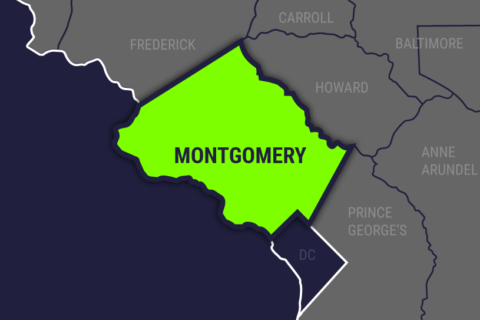WASHINGTON — Thousands of checks will be headed back to Maryland residents in what the governor calls largest tax refund in the state’s history.
Gov. Larry Hogan says as a result of a Supreme Court ruling, the state will be giving back $200 million to an estimated 55,000 residents.
“This is money which was wrongfully taken from the taxpayers of the state when they were overcharged for their income taxes,” Hogan said.
This comes after Brian and Karen Wynne of Howard County took the state to court over their tax bill. The couple paid $84,550 in income taxes to 39 other states, but were not allowed to deduct what they already paid from their Maryland bill.
The refund will only apply to individuals who paid income tax on out of state earnings from the 2011 tax year through the 2014 tax year. The governor says residents who believe they are eligible for a refund should visit www.WynneTaxRefund.Maryland.gov for more information.
“Many of these taxpayers don’t even know that they were over charged, and do not know that they’re entitled to this refund,” Hogan said.
The tax refund will come against the county portion of a resident’s Maryland state income taxes. Since the money collected for those tax years has already been distributed to the counties in the state, the counties will be on the hook for paying the state back over several years.
Maryland State Comptroller Peter Franchot says 4,000 claims have been processed from the Wynne decision, and his office has returned more than $53 million to Marylanders.
The comptroller’s office was the entity sued by the Wynnes in the case that made its way up to the highest court.
“In my heart of hearts, even though I was sued by the Wynnes, I never felt badly because I actually secretly kind of agreed with them that it was double taxation,” Franchot said.
Franchot said as comptroller it is his administrative job to defend Maryland’s laws, which is why the state kept the court battle going.
Franchot said there is still uncertainty about what will be owed to individuals entitled to get a refund. He says ahead of the Wynne decision, the state legislature set the interest rate to be paid to the Wynne plaintiffs at 3.2 percent, but the state requires tax payers who pay late to pay the state 13 percent interest. This means legal challenges are possible from individuals looking to receive more interest from the state with their refunds.







